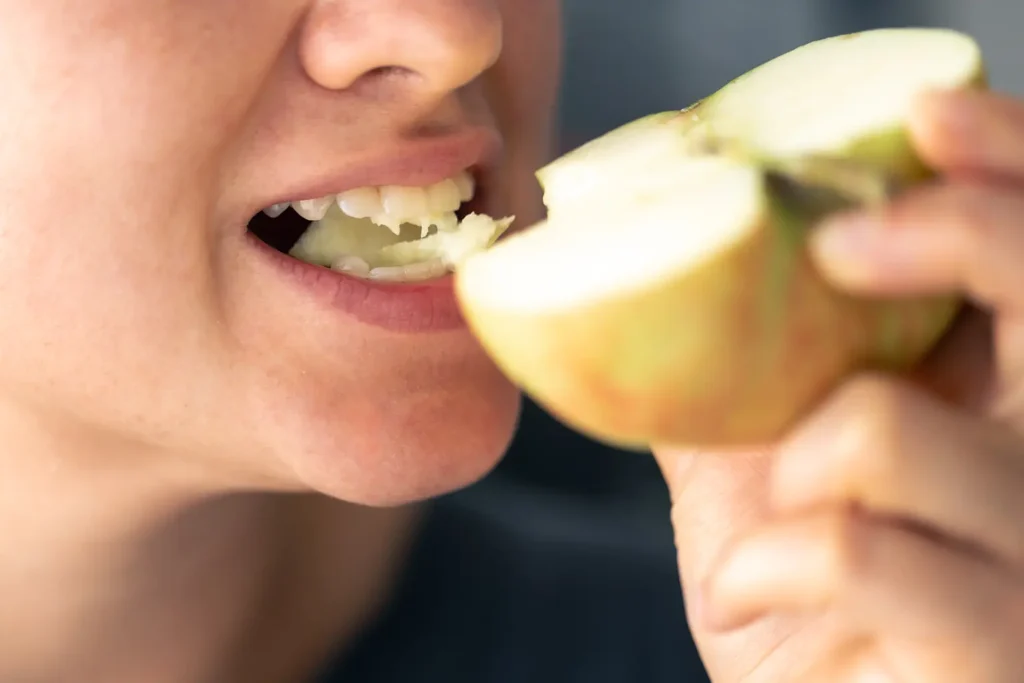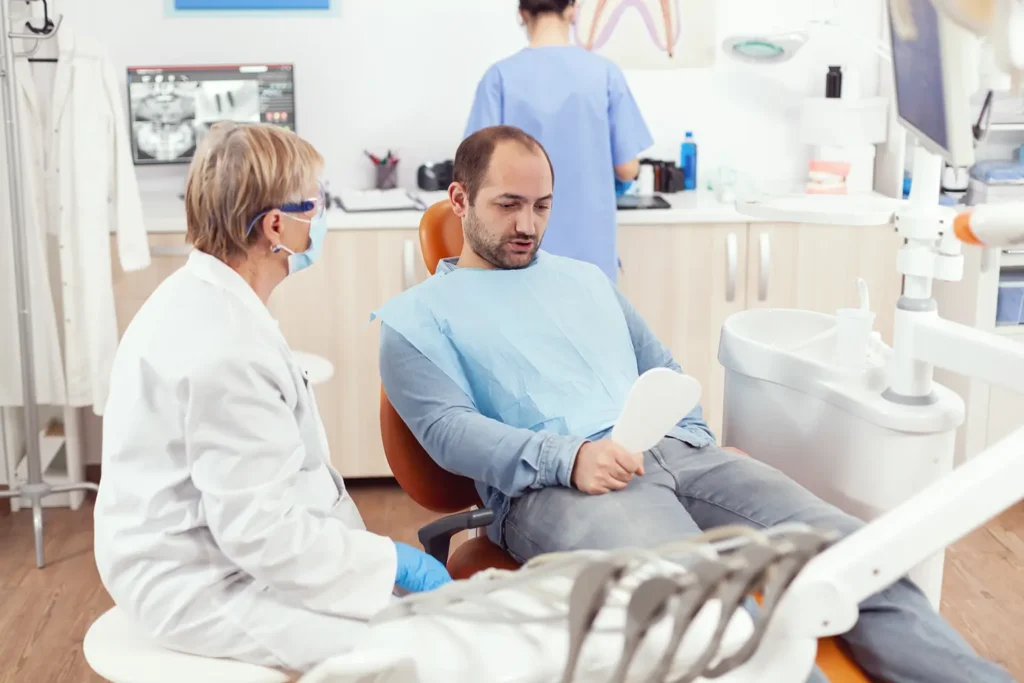
In today’s fast-paced world, dental emergencies can occur at any moment, disrupting our daily lives and causing significant discomfort. Knowing when a situation constitutes a dental emergency and understanding the necessary procedures can make a substantial difference in the outcome. This comprehensive guide will explore what emergency dental services at a family dental clinic entail, common scenarios that require urgent care, and the procedures involved in addressing these emergencies.
What Are Emergency Dental Services?
Emergency dental services are critical interventions provided by dental professionals to address acute oral health issues that require immediate attention. These services are designed to alleviate pain, prevent further damage, and preserve oral health. They are typically available at a family dental clinic like Big Sky Family Dental in Billings, MT, where skilled dentists and support staff are equipped to handle a wide range of dental emergencies.
Identifying a Dental Emergency
Not every dental issue is an emergency. Understanding what constitutes a dental emergency can help you decide when to seek immediate care and when to schedule a regular dental appointment at a family dental clinic. Here are some common dental emergencies:
- Severe Toothache: Persistent and severe tooth pain can indicate an underlying issue such as an abscess, infection, or deep cavity. Immediate attention is required to diagnose and treat the cause of the pain.
- Broken or Chipped Teeth: Accidents or injuries can result in broken or chipped teeth, which can be painful and may lead to further complications if not treated promptly.
- Knocked-Out Tooth (Avulsed Tooth): A knocked-out tooth is a critical dental emergency. Immediate action can potentially save the tooth if treated within an hour of the incident.
- Loose Teeth: If an adult tooth becomes loose without any apparent cause, it may indicate underlying issues such as gum disease or trauma.
- Abscessed Tooth: A dental abscess is a severe infection that occurs at the root of a tooth or between the tooth and gums. It can cause intense pain, swelling, fever, and, if untreated, can lead to serious complications.
- Lost Filling or Crown: When a filling or crown falls out, it can cause pain and expose the tooth to further damage. Immediate dental care is necessary to replace the lost restoration.
- Soft Tissue Injuries: Cuts, lacerations, or injuries to the lips, cheeks, tongue, or gums require prompt medical attention to prevent infection and ensure proper healing.

Procedures for Emergency Dental Treatment
When you experience a dental emergency, the first step is to contact a family dental clinic like Big Sky Family Dental in Billings, MT, to seek immediate assistance. Here are some common procedures involved in emergency dental care:
Managing Severe Toothaches
A severe toothache can be debilitating. The dentist will first conduct a thorough examination to determine the cause of the pain. This may involve X-rays to identify issues such as cavities, infections, or fractures. Depending on the diagnosis, treatment options may include:
- Root Canal Therapy: If the tooth’s pulp is infected or damaged, a root canal procedure may be necessary to remove the infected tissue and save the tooth.
- Tooth Extraction: In cases where the tooth cannot be saved, extraction may be necessary to alleviate pain and prevent further complications.
Treating Broken or Chipped Teeth
For broken or chipped teeth, the dentist will assess the extent of the damage. Treatment options may include:
- Dental Bonding: Minor chips can often be repaired with dental bonding, where a tooth-colored resin is applied and shaped to restore the tooth’s appearance.
- Dental Veneers: For more significant damage, veneers may be used to cover the affected area and provide a natural look.
- Dental Crowns: If the tooth is severely broken, a crown may be placed to protect and restore its function.
Handling Knocked-Out Teeth
A knocked-out tooth requires immediate action. If you can find the tooth, handle it by the crown (the top part) and avoid touching the root. Rinse it gently with water if dirty, but do not scrub or remove any attached tissue. Try to place the tooth back in its socket if possible. If not, store it in a container of milk or saline solution. At the dental clinic, the dentist will attempt to reimplant the tooth and may splint it to adjacent teeth to stabilize it during the healing process.
Addressing Loose Teeth
A loose tooth can be a sign of trauma or advanced gum disease. The dentist will perform a thorough examination to determine the cause. Treatment may involve:
- Splinting: Stabilizing the loose tooth by attaching it to adjacent teeth.
- Deep Cleaning: If gum disease is the cause, a deep cleaning procedure (scaling and root planing) may be necessary to remove plaque and tartar buildup.
- Surgical Intervention: In severe cases, surgical procedures such as bone grafts or gum grafts may be required to support the tooth.
Treating Abscessed Teeth
An abscessed tooth is a serious condition that requires prompt treatment. The dentist will typically drain the abscess to relieve pain and eliminate the infection. Additional treatment options may include:
- Root Canal Therapy: To remove the infected pulp and save the tooth.
- Antibiotics: To combat the infection and prevent it from spreading.
- Tooth Extraction: If the tooth cannot be saved, extraction may be necessary.
Replacing Lost Fillings or Crowns
When a filling or crown falls out, it is important to protect the exposed tooth. Temporary solutions, such as dental cement, can be used to cover the tooth until you can see a dentist. At the dental clinic, the dentist will clean the affected area and replace the lost filling or crown to restore the tooth’s function and appearance.
Managing Soft Tissue Injuries
Soft tissue injuries, such as cuts or lacerations, require prompt medical attention. The dentist will clean the wound and may use sutures to close it. Antibiotics may be prescribed to prevent infection. Pain management and instructions for proper care at home will also be provided.
Preventing Dental Emergencies
While not all dental emergencies can be prevented, there are steps you can take to reduce the risk:
- Maintain Good Oral Hygiene: Brush and floss regularly to keep your teeth and gums healthy.
- Wear Protective Gear: Use mouthguards during sports or other activities that pose a risk of dental injury.
- Avoid Hard Foods: Be cautious when eating hard or sticky foods that can damage your teeth.
- Regular Dental Checkups: Schedule routine visits to your family dental clinic, such as Big Sky Family Dental in Billings, MT, to catch potential issues early and maintain optimal oral health.
Big Sky Family Dental: Your Partner in Emergency Dental Care
Big Sky Family Dental in Billings, MT, is dedicated to providing comprehensive emergency dental services to address urgent oral health issues effectively. As a family dental clinic, they offer a range of emergency treatments, from managing severe toothaches to handling knocked-out teeth and treating abscesses. Their experienced team is committed to delivering prompt, compassionate care to alleviate pain, prevent further damage, and preserve your dental health. Whether you’re dealing with a broken tooth, lost filling, or soft tissue injury, Big Sky Family Dental is equipped to provide the emergency care you need.
Conclusion
Understanding when to seek emergency dental services and knowing the procedures involved can make a significant difference in preserving your oral health and overall well-being. If you experience a dental emergency, contact a trusted family dental clinic like Big Sky Family Dental in Billings, MT, for immediate assistance. By taking proactive steps to prevent dental emergencies and knowing how to respond when they occur, you can ensure that your smile remains healthy and beautiful for years to come.

